Purrfect Photos: Cat Mummies and Wooden Cat Statues Discovered at Ancient Egyptian Burial Complex
Lots of cats
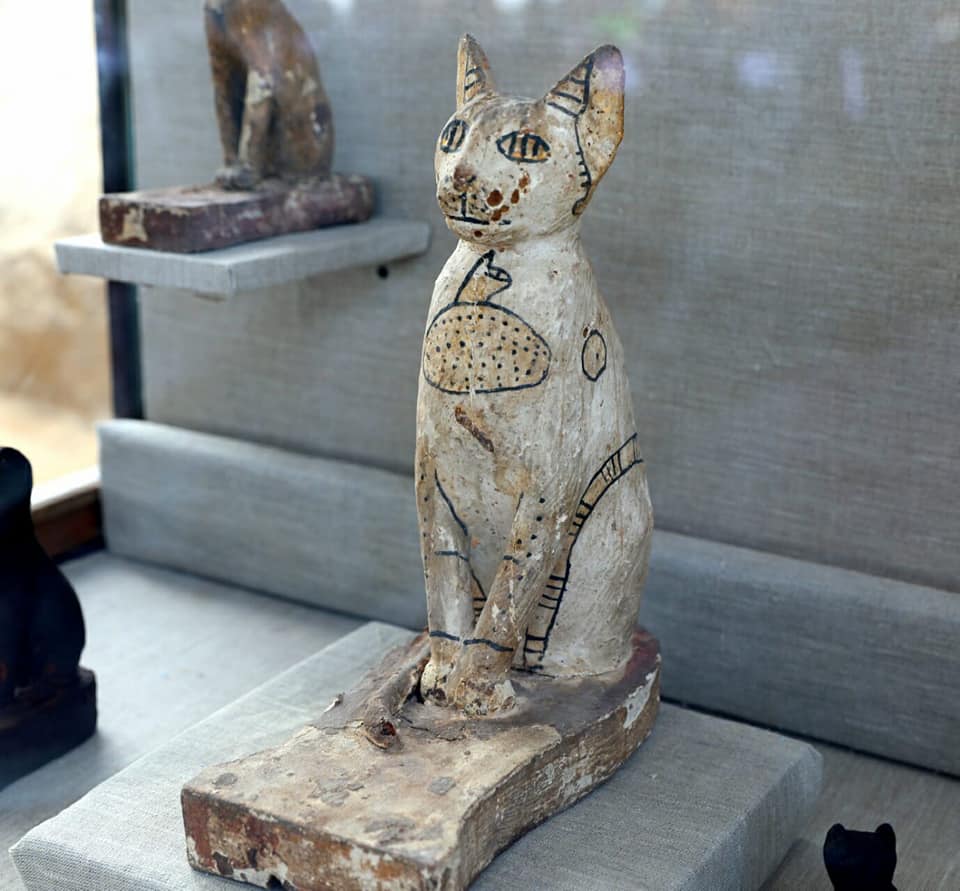
About 100 wooden cat statues gilded with gold have been discovered ina complex at Saqqara in Egypt. This image shows one of the bestpreserved statues. [Read more about the cat discoveries at Saqqara]
Protection and pleasure
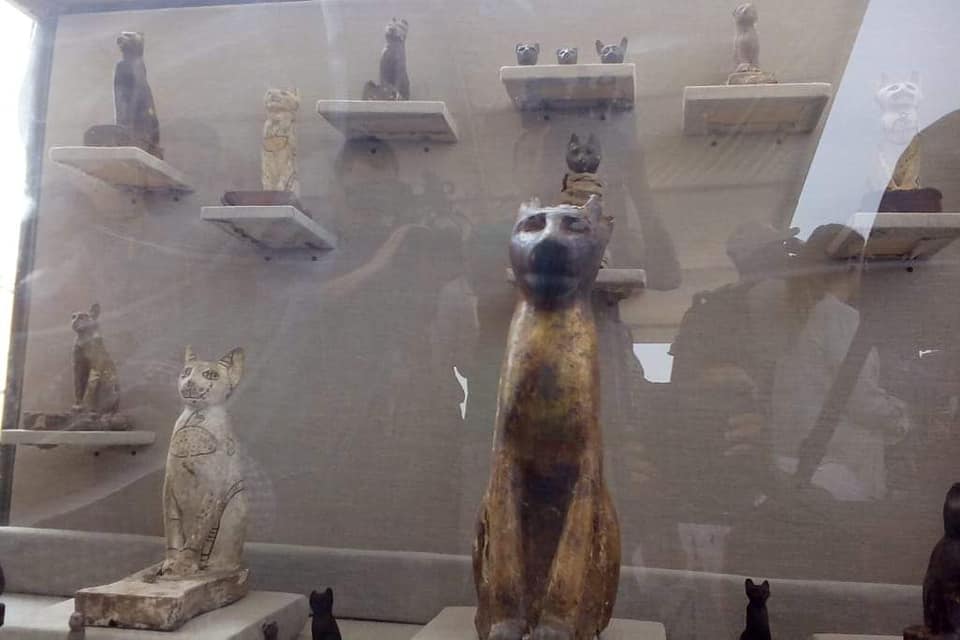
A bronze statue showing Bastet, an Egyptian goddess in the shape of a cat, was discovered along with the cat statues. The goddess statue is shown in the foreground of this photo along with some of the 100 wooden cat statues. Bastet served a protective role in Egyptian mythology, while also being associated with music, dancing and pleasure.
Big cats
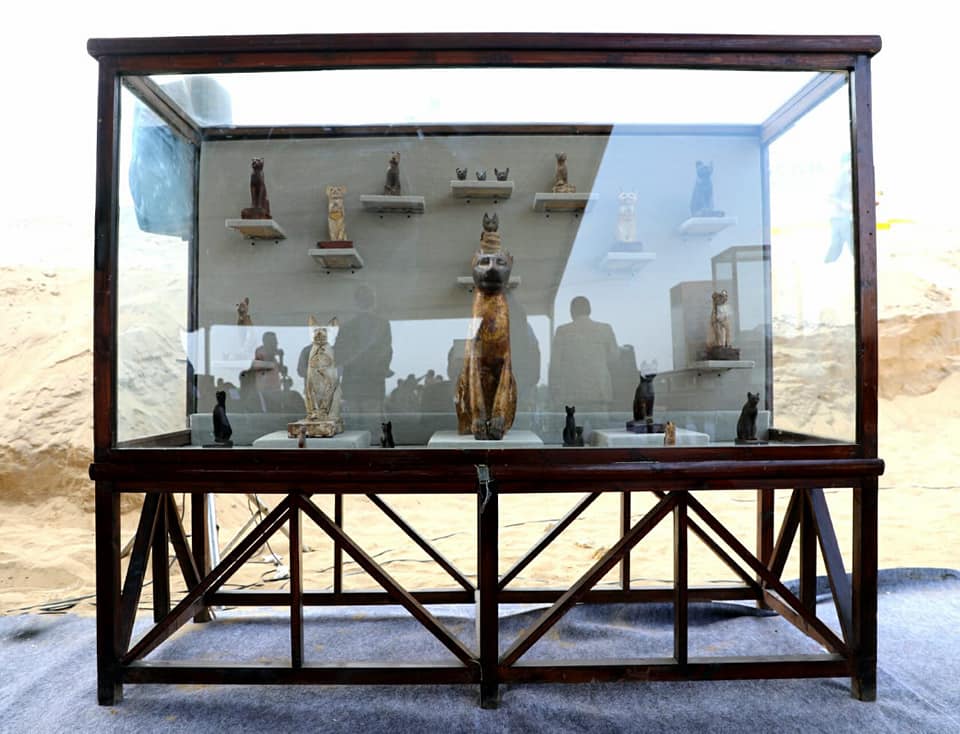
Several of the 100 wooden cat statues that were discovered are shown here. The biggest statue is the bronze statue of Bastet, a goddess shaped like a cat.
Kitty burials
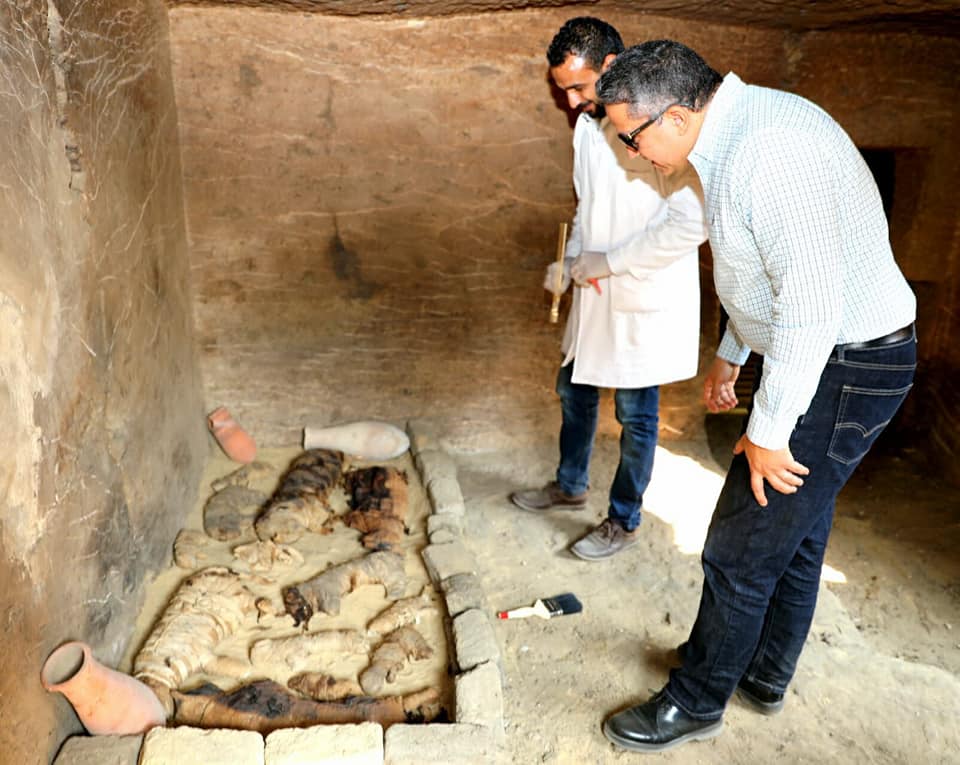
The remains of tens of cat mummies were discovered in the complex. Archaeologists believe that sometime around 2,500 years ago, the complex was used for burying cats.
Animal statues
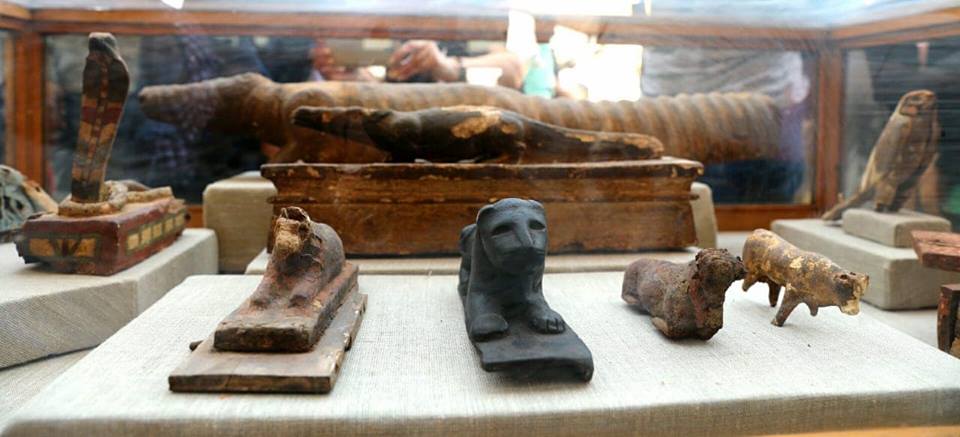
Statues of other animals were also discovered in or near the complex. These include a lion, falcon, crocodile and cow.
Cobra mummies
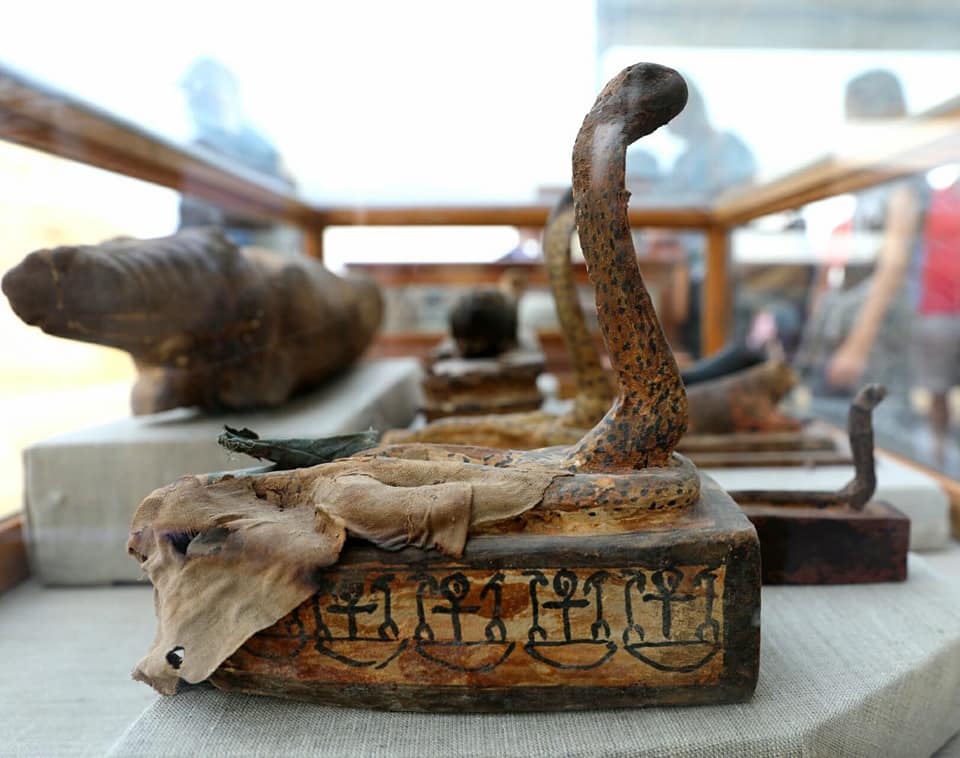
A small sarcophagus that holds a mummified cobra inside is pictured here. Two cobra mummies were found within sarcophagi at the site.
Crocodile statue
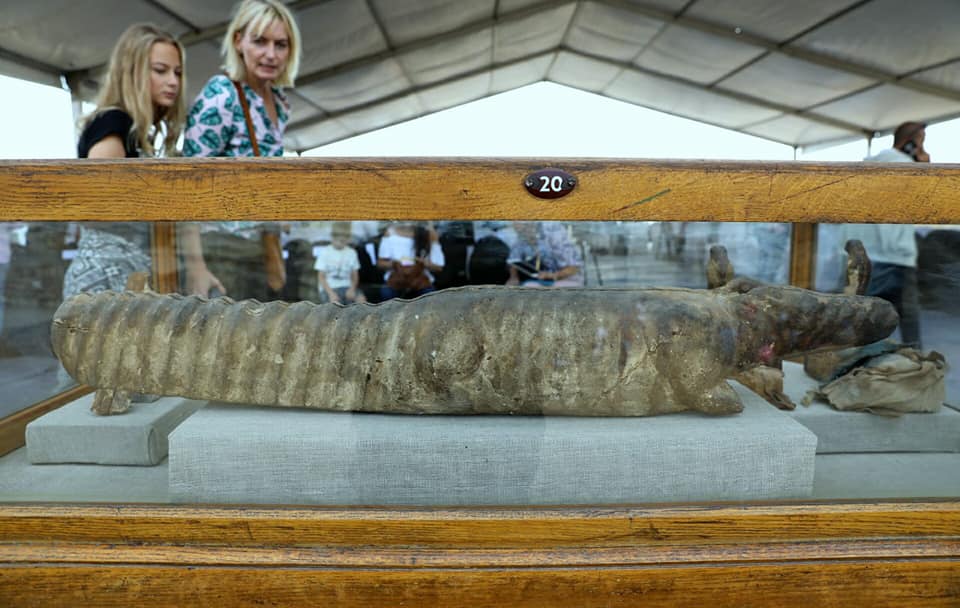
A close-up of the crocodile statue that was discovered near thecomplex. Determining the precise date of all the discoveries is a work in progress.
Sign up for the Live Science daily newsletter now
Get the world’s most fascinating discoveries delivered straight to your inbox.
Scarab mummies
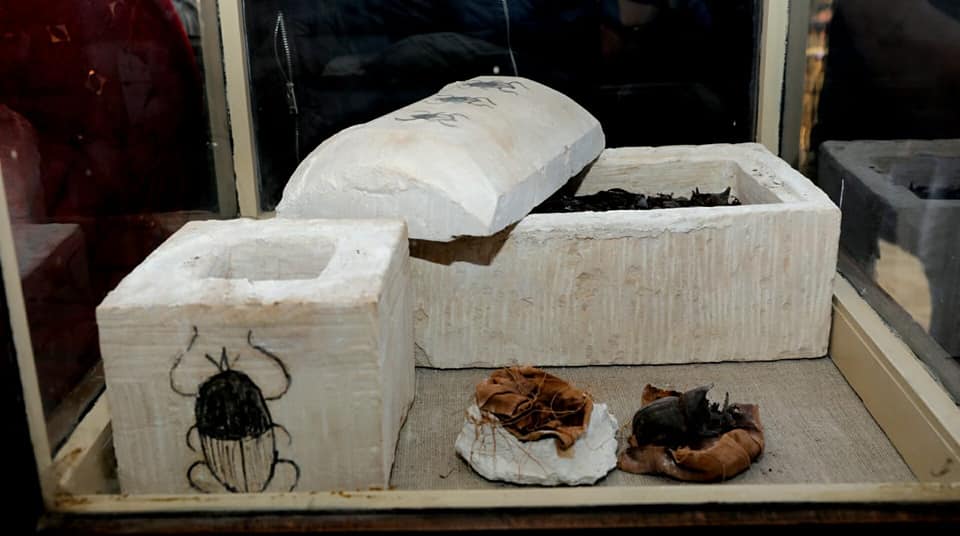
Archaeologists at the site also discovered the remains of mummified scarabs, shown here with the boxes they were buried in.
Human burial remains
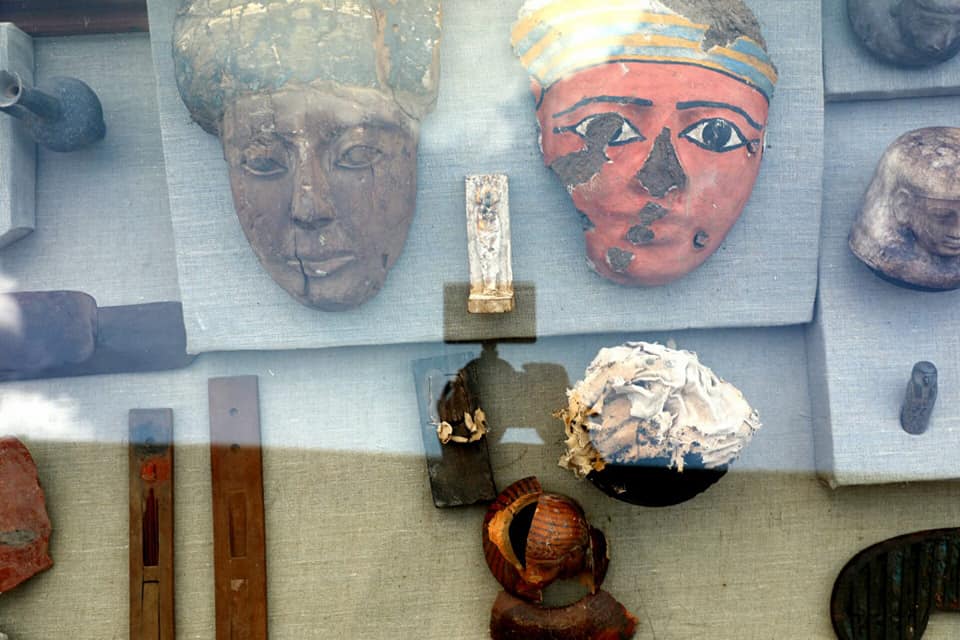
The artifacts in this photo appear to show remains from human burials.Two mummy masks can be seen prominently in this image.
Basket
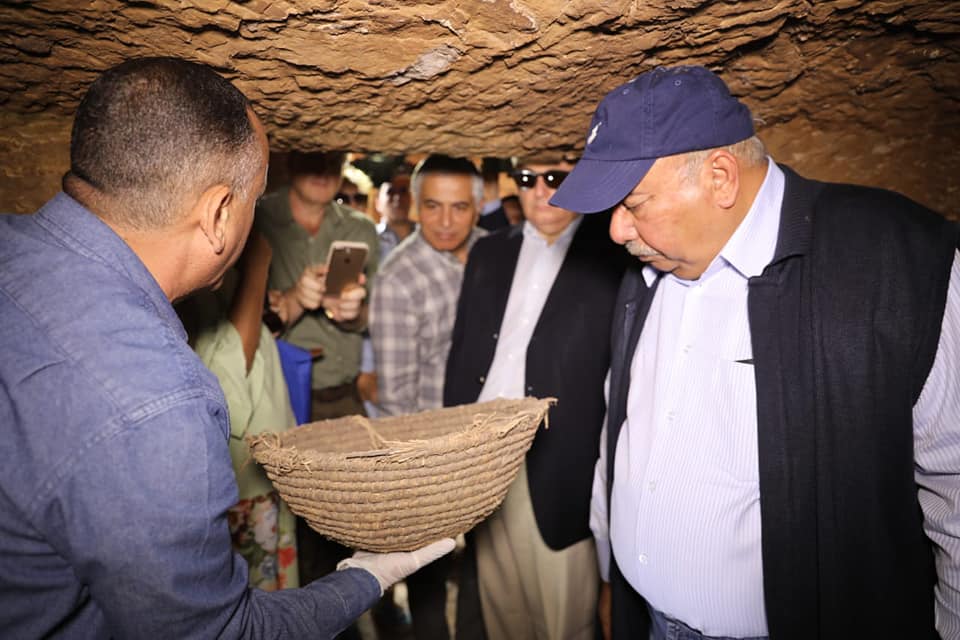
Several baskets, including this well-preserved example, were alsodiscovered. The arid climate of Egypt sometimes allows for organicremains to be well-preserved despite the passage of millennia of time. [Read more about the cat discoveries at Saqqara]

Owen Jarus is a regular contributor to Live Science who writes about archaeology and humans' past. He has also written for The Independent (UK), The Canadian Press (CP) and The Associated Press (AP), among others. Owen has a bachelor of arts degree from the University of Toronto and a journalism degree from Ryerson University.









